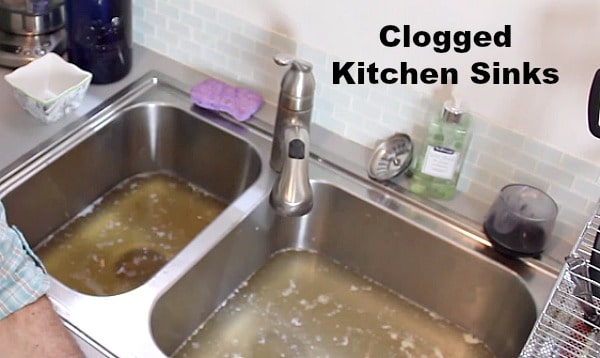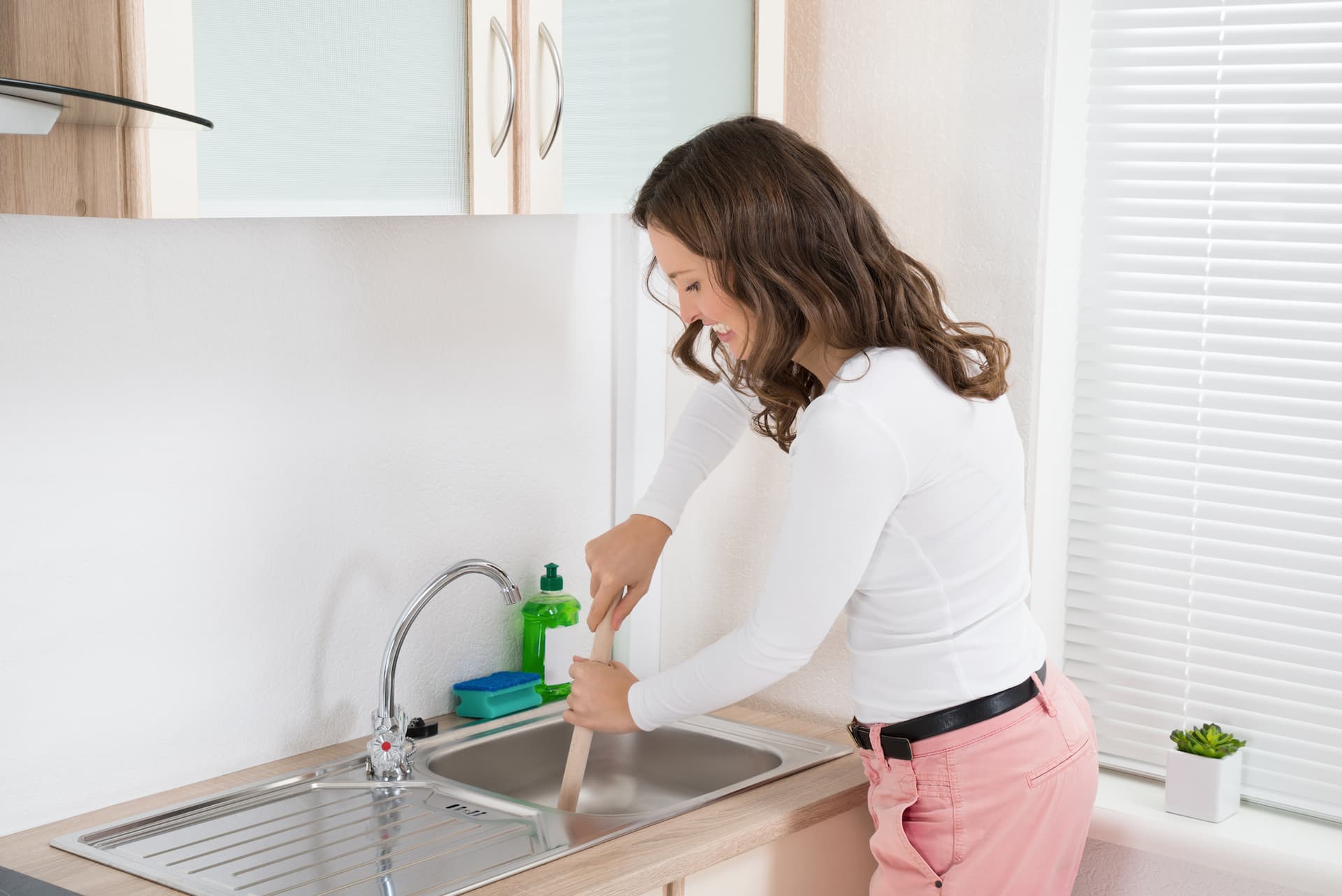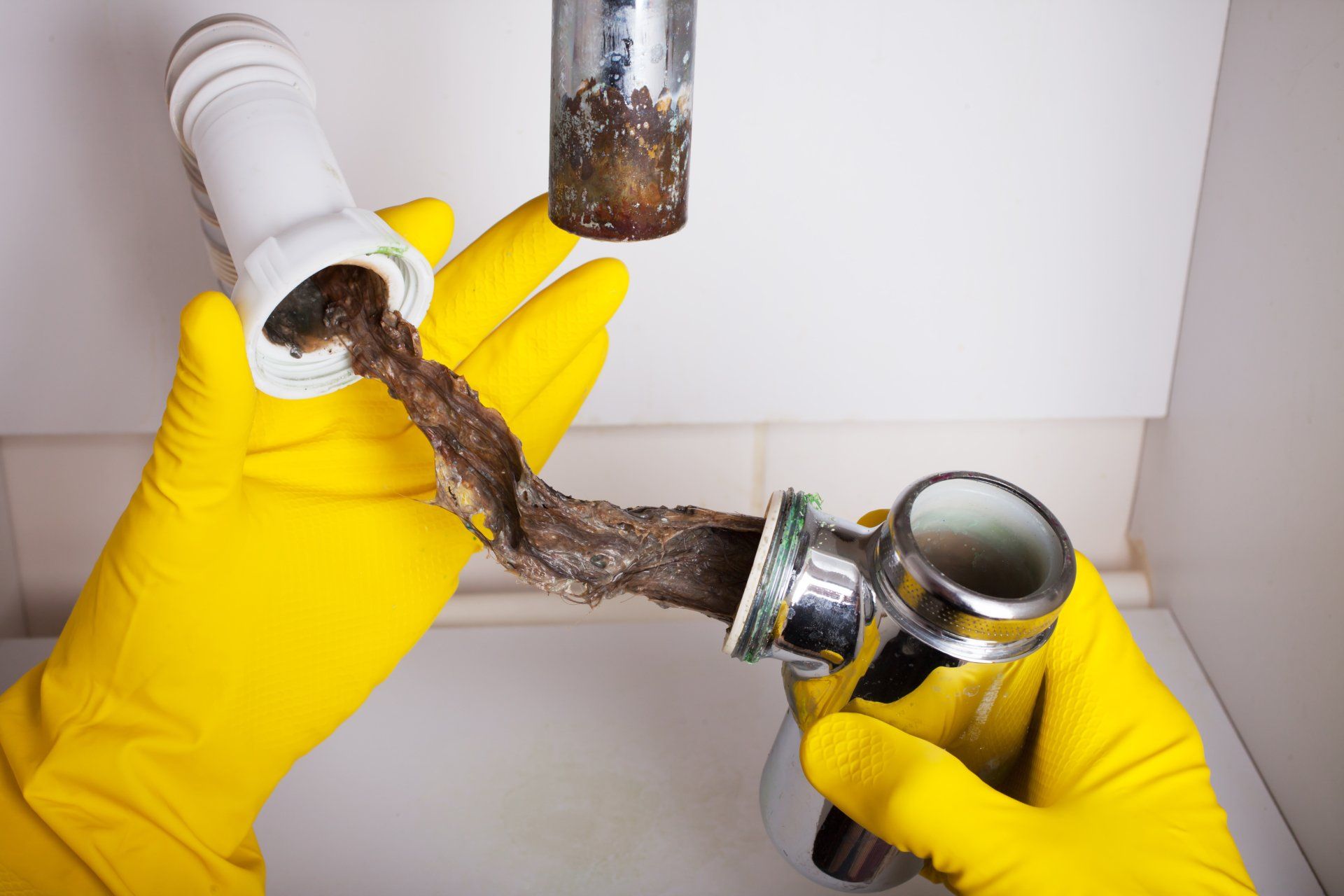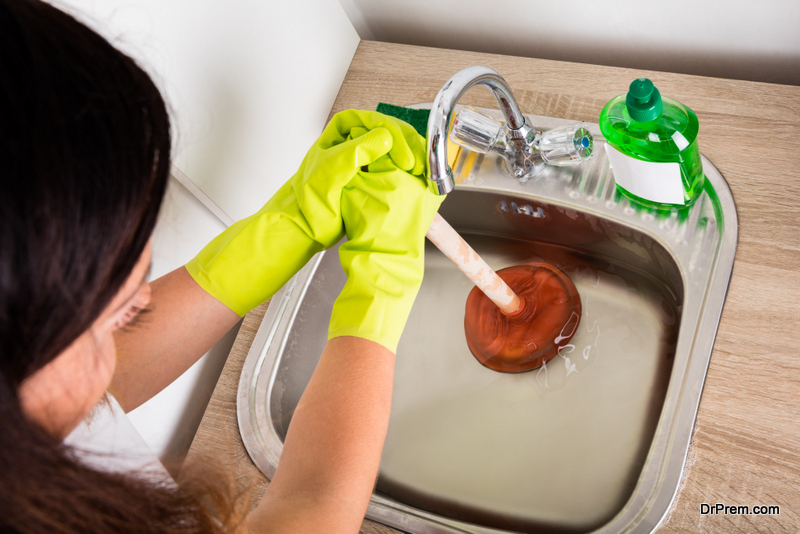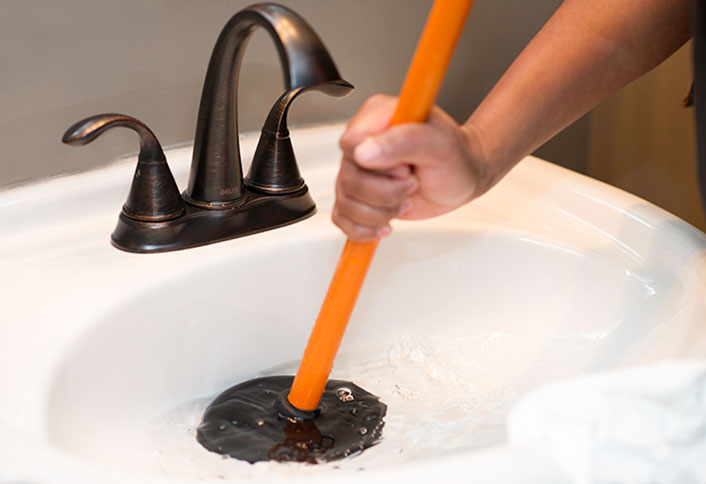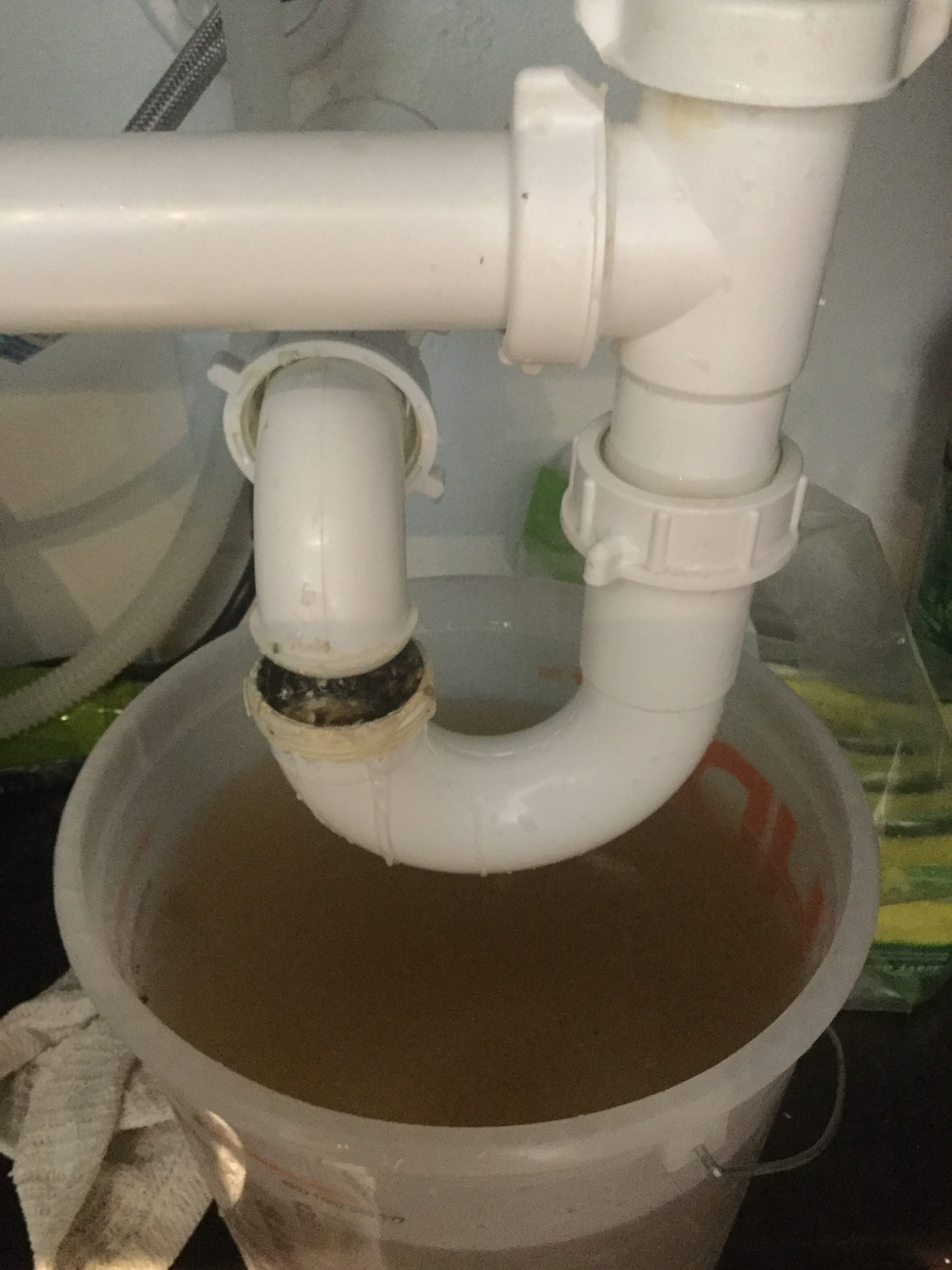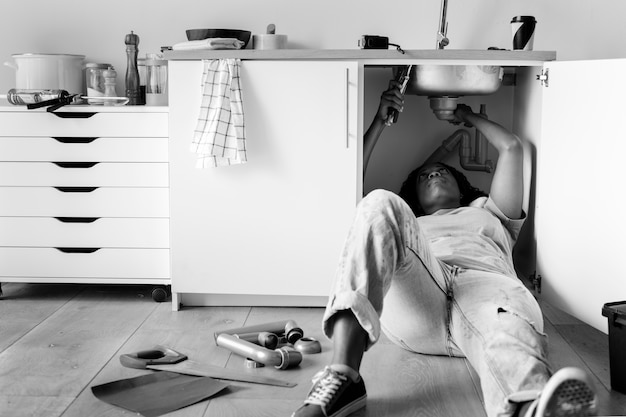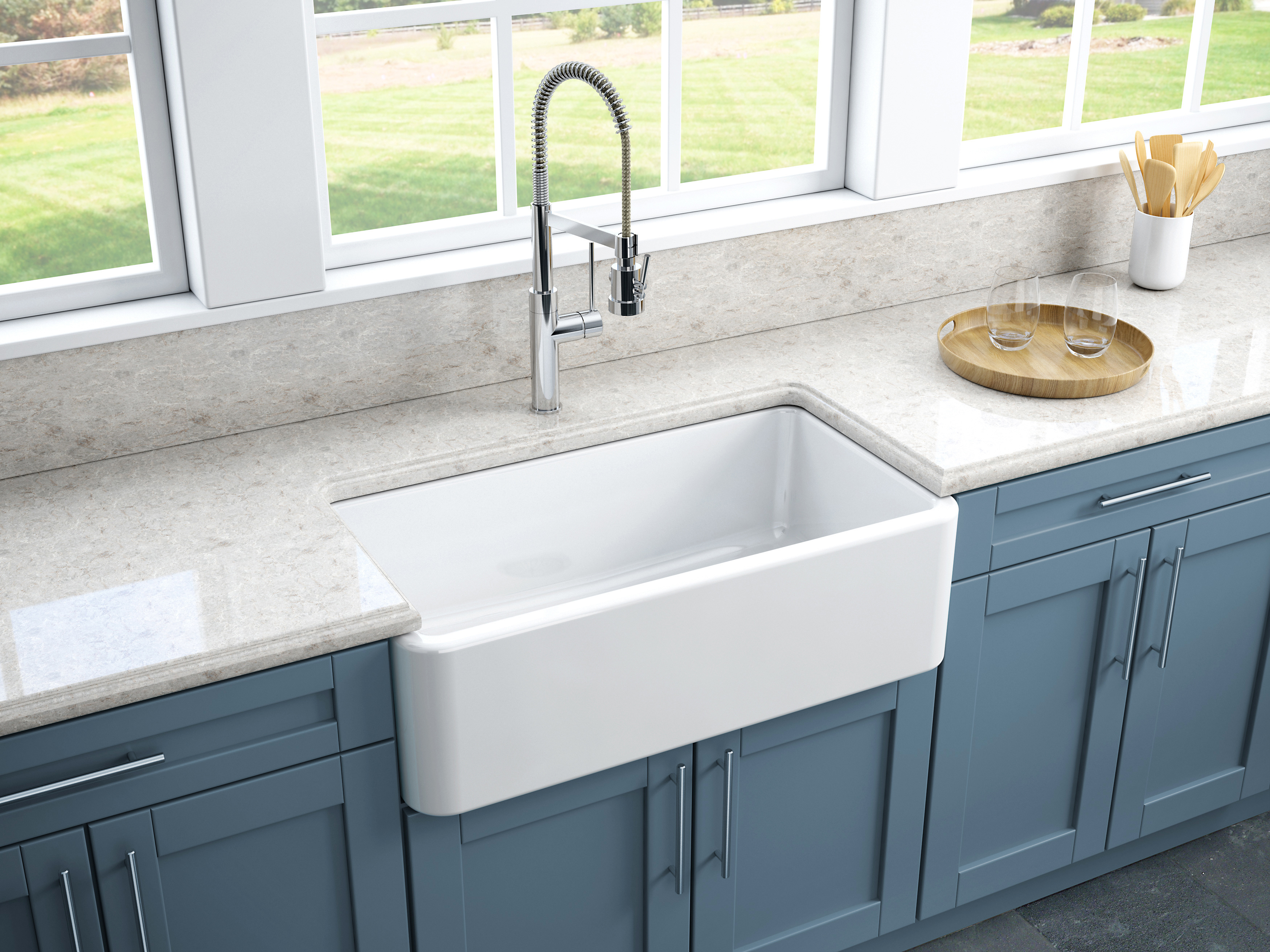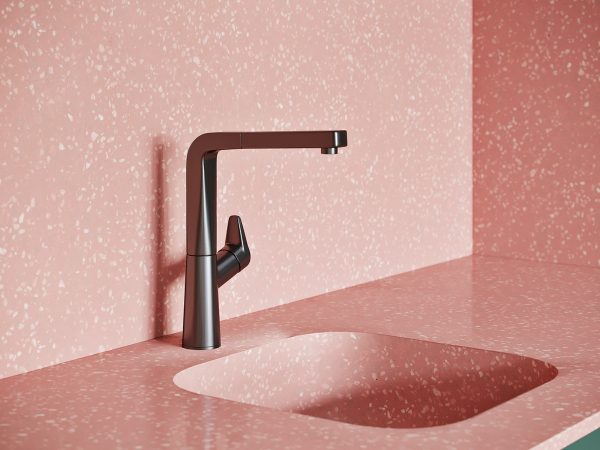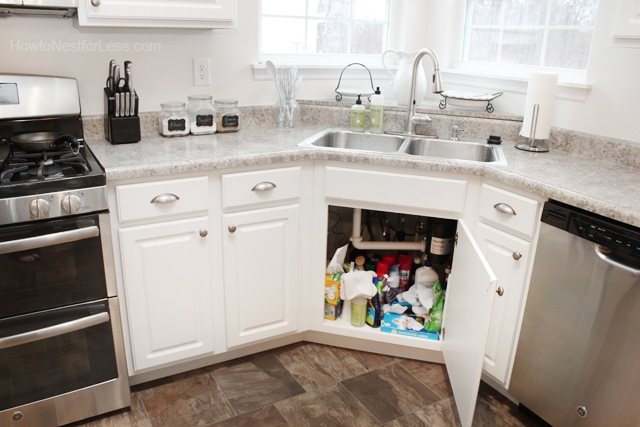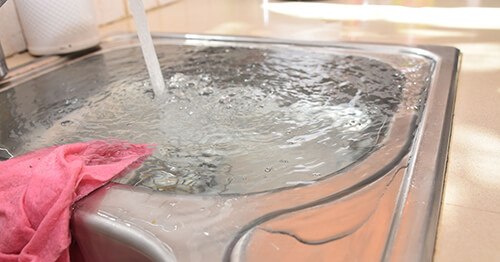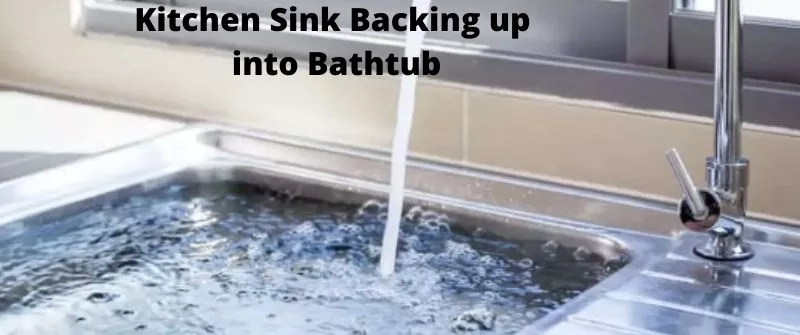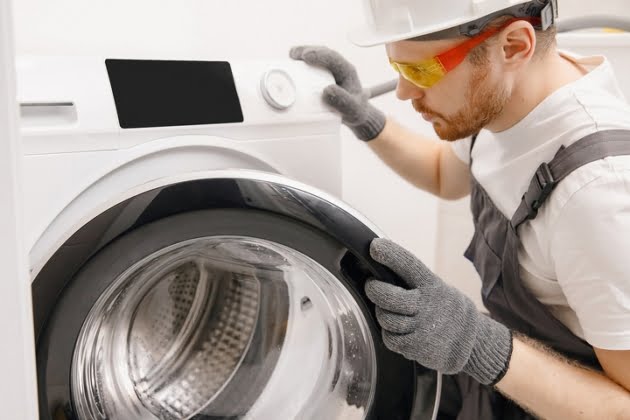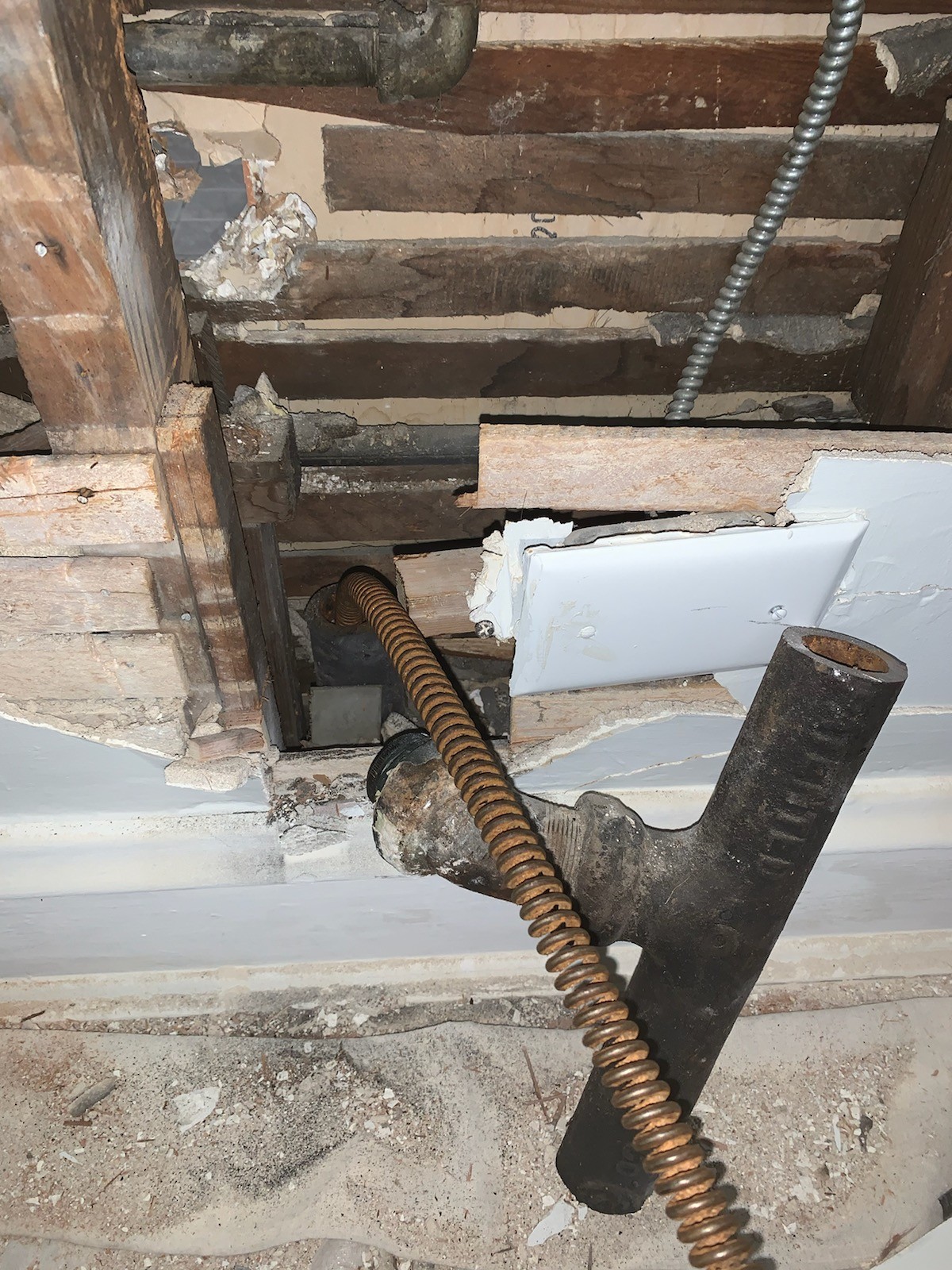If you've ever experienced a clogged kitchen sink, you know how frustrating it can be. Not only does it prevent you from using your sink, but it can also cause unpleasant odors and even lead to water damage if left untreated. Fortunately, there are several methods you can try to unclog your kitchen sink and get it back to working order.Unclogging a Kitchen Sink
The first step to unclogging a kitchen sink is to assess the situation. If you notice that the water is draining slowly, you may have a partial clog that can be easily remedied. However, if the water is not draining at all and is starting to back up, you may have a more serious clog that requires a different approach. If the water is draining slowly, you can try using a plunger to dislodge the clog. Make sure to cover the overflow holes with duct tape or a wet cloth before plunging to create a stronger seal. If this doesn't work, you can also try using a drain snake to physically remove the clog.How to Unclog a Kitchen Sink
If the water is not draining at all, you may need to try some more heavy-duty solutions. One option is to use a chemical drain cleaner, but be sure to follow the instructions carefully and use caution as these products can be harsh and may damage your pipes. Another option is to make your own natural drain cleaner using baking soda and vinegar. Simply pour a cup of baking soda down the drain, followed by a cup of vinegar. Let it sit for 30 minutes, then flush with hot water.Kitchen Sink Clog Solutions
In some cases, the clog may be too severe for the methods mentioned above. If this is the case, you may need to remove the P-trap (the curved pipe under the sink) and manually remove the clog. Make sure to have a bucket handy to catch any water or debris that may come out. If the clog is still not resolved, it may be time to call a plumber. They have the tools and expertise to clear even the toughest clogs and ensure your sink is functioning properly.Clearing a Clogged Kitchen Sink
Prevention is always the best solution when it comes to clogged sinks. There are several simple steps you can take to prevent clogs from occurring in the first place. First, make sure to avoid putting large amounts of food scraps or grease down the drain. Use a sink strainer to catch any food particles and dispose of them in the garbage. Also, avoid pouring grease or oil down the drain as it can solidify and cause clogs. Regularly running hot water down the drain can also help prevent clogs by keeping any grease or debris from solidifying in the pipes. You can also pour boiling water down the drain once a week to help flush out any buildup.DIY Kitchen Sink Clog Removal
Dealing with a full kitchen sink can be a stressful and messy situation. If you find yourself in this situation, it is important to stay calm and take action quickly. The longer the water sits, the more damage it can cause. First, turn off the water supply under the sink to prevent any further backup. Then, try one of the methods mentioned above to unclog the sink. If all else fails, call a professional plumber to take care of the issue.Fixing a Clogged Kitchen Sink
To avoid the stress and inconvenience of a clogged kitchen sink, it is important to take preventative measures. In addition to the tips mentioned above, it is also a good idea to regularly clean out your P-trap to prevent any buildup. You can also use a mixture of hot water and dish soap to flush out any debris and keep your pipes clear.Kitchen Sink Clog Prevention
If your kitchen sink is full and the water is not draining, it is important to act quickly to avoid any potential water damage. Turn off the water supply to the sink and try to remove as much water as possible with a bucket or towels. Then, use one of the methods mentioned above to unclog the sink. If the issue persists, do not hesitate to call a professional plumber for assistance.Dealing with a Full Kitchen Sink
If you notice that water is backing up in your kitchen sink, it could be a sign of a more serious clog. This could be caused by something stuck in your pipes or even a problem with your main sewer line. If the issue is not resolved with the methods mentioned above, it is best to call a plumber to assess the situation and make any necessary repairs.Water Backing Up in Kitchen Sink
In some cases, a clogged kitchen sink may require immediate attention. If you notice that your sink is overflowing or there is a foul odor coming from the drain, it is important to take action right away. Turn off the water supply to the sink and call a plumber for emergency assistance. They will be able to take care of the clog and prevent any further damage to your sink and pipes.Kitchen Sink Clog Emergency
How to Avoid a Clogged Kitchen Sink and Keep Your Home's Design Flawless

The Importance of Proper Maintenance in House Design
 A clogged kitchen sink is not only an inconvenience but also a major eyesore in your home's overall design. Not only does it disrupt your daily routine, but it can also cause unpleasant odors and even lead to more serious plumbing issues. To avoid this problem and maintain a flawless house design, it is important to take proactive measures in keeping your kitchen sink clear and functioning properly.
A clogged kitchen sink is not only an inconvenience but also a major eyesore in your home's overall design. Not only does it disrupt your daily routine, but it can also cause unpleasant odors and even lead to more serious plumbing issues. To avoid this problem and maintain a flawless house design, it is important to take proactive measures in keeping your kitchen sink clear and functioning properly.
Regular Cleaning and Maintenance
 Regular cleaning and maintenance
is the key to preventing a clogged kitchen sink. This includes
properly disposing of food scraps and grease
to avoid buildup in your drain. It is also important to regularly
clean the sink and drain with hot water and a mixture of baking soda and vinegar
to break down any residue that may be causing blockages.
Regular cleaning and maintenance
is the key to preventing a clogged kitchen sink. This includes
properly disposing of food scraps and grease
to avoid buildup in your drain. It is also important to regularly
clean the sink and drain with hot water and a mixture of baking soda and vinegar
to break down any residue that may be causing blockages.
Invest in a Strainer
 Investing in a strainer
for your kitchen sink is a small but effective way to prevent clogs. The strainer will catch food particles and other debris, preventing them from going down the drain and causing blockages. It is important to regularly clean out the strainer to ensure it is working effectively.
Investing in a strainer
for your kitchen sink is a small but effective way to prevent clogs. The strainer will catch food particles and other debris, preventing them from going down the drain and causing blockages. It is important to regularly clean out the strainer to ensure it is working effectively.
Avoid Pouring Grease Down the Drain
 Pouring grease down the drain
is a common mistake that can lead to a clogged kitchen sink. As grease cools, it solidifies and can create a buildup in your drain. Instead, dispose of grease in a separate container and throw it away in the trash.
Pouring grease down the drain
is a common mistake that can lead to a clogged kitchen sink. As grease cools, it solidifies and can create a buildup in your drain. Instead, dispose of grease in a separate container and throw it away in the trash.
Call a Professional
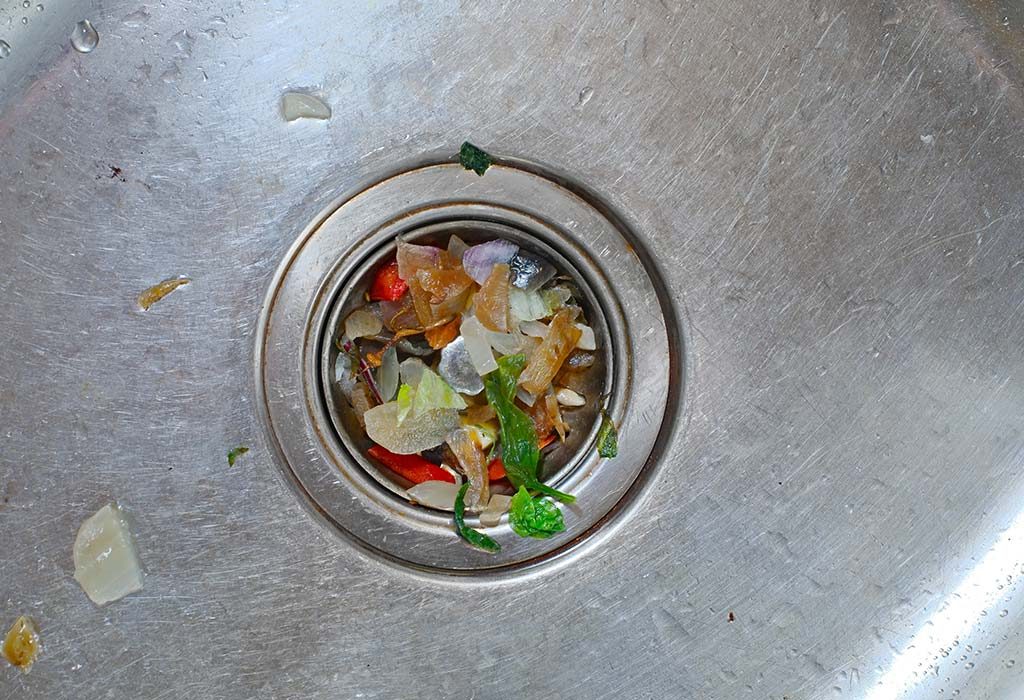 If you are experiencing a clogged kitchen sink despite taking preventative measures, it may be time to
call a professional plumber
. They have the expertise and tools to properly clear any clogs and ensure your sink is functioning properly. It is important to address clogs promptly to avoid any further damage to your plumbing system.
If you are experiencing a clogged kitchen sink despite taking preventative measures, it may be time to
call a professional plumber
. They have the expertise and tools to properly clear any clogs and ensure your sink is functioning properly. It is important to address clogs promptly to avoid any further damage to your plumbing system.
Keep Your Home's Design Flawless
 By taking these simple steps to avoid a clogged kitchen sink, you can
keep your home's design flawless
. Regular maintenance and proper disposal of waste will not only prevent clogs, but also maintain the cleanliness and functionality of your kitchen. Remember to be mindful of what goes down your drain and address any clogs promptly to avoid any potential problems. With these tips in mind, you can enjoy a beautiful and fully functioning kitchen sink in your home.
By taking these simple steps to avoid a clogged kitchen sink, you can
keep your home's design flawless
. Regular maintenance and proper disposal of waste will not only prevent clogs, but also maintain the cleanliness and functionality of your kitchen. Remember to be mindful of what goes down your drain and address any clogs promptly to avoid any potential problems. With these tips in mind, you can enjoy a beautiful and fully functioning kitchen sink in your home.
/plumber-unclogging-kitchen-sink-169270382-5797a9355f9b58461f27f024.jpg)
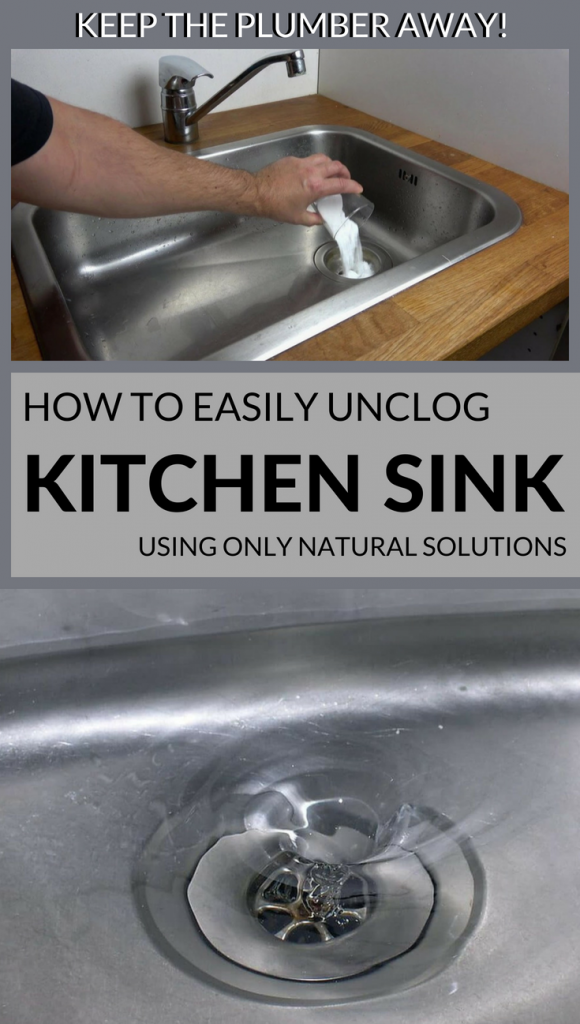





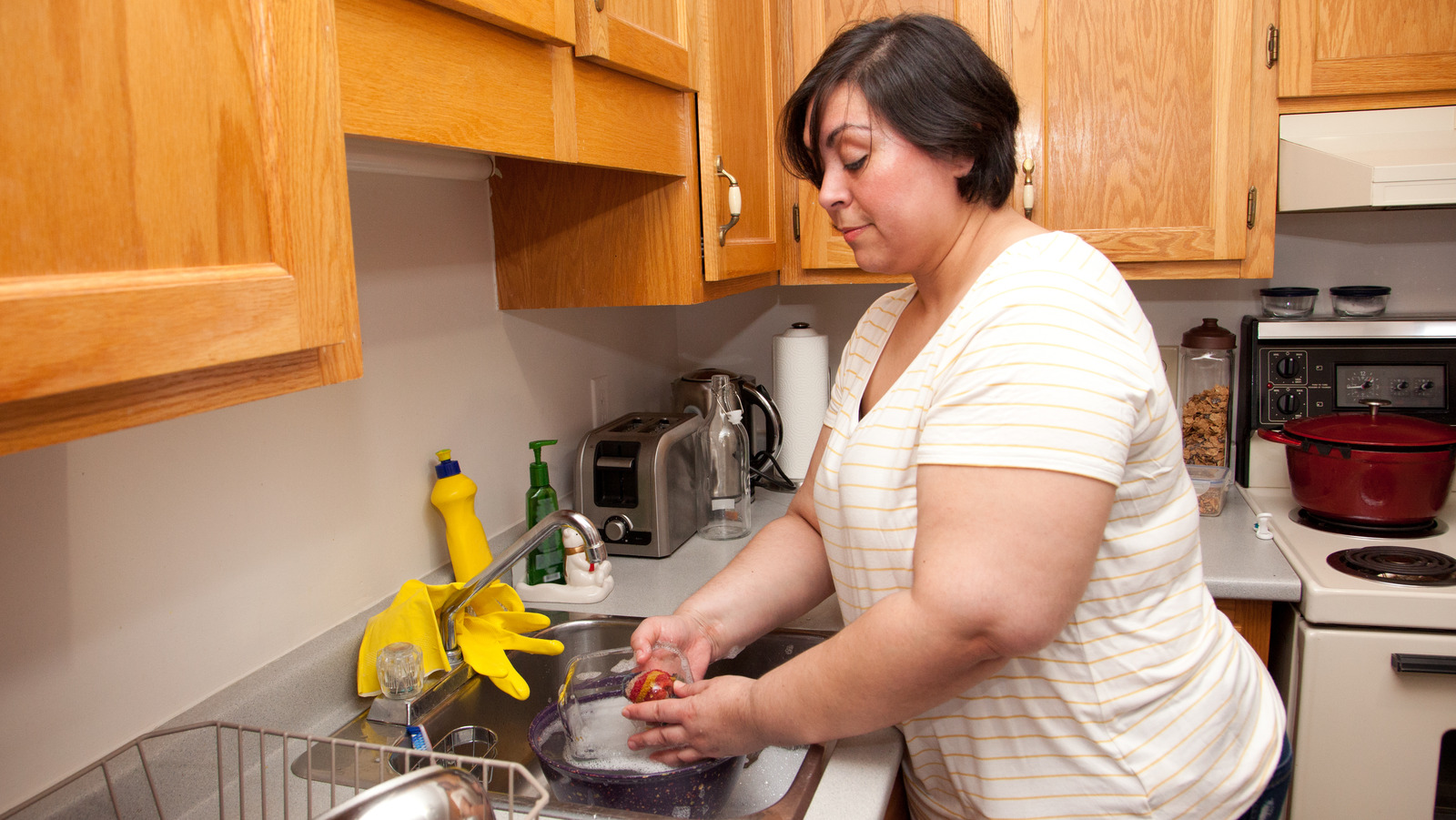
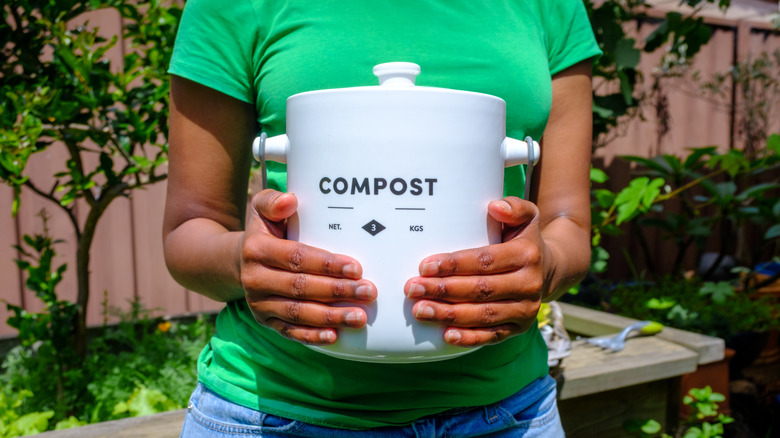
:max_bytes(150000):strip_icc()/how-to-unclog-a-kitchen-sink-2718799_sketch_FINAL-8c5caa805a69493ab22dfb537c72a1b7.png)





/how-to-unclog-a-kitchen-sink-2718799_sketch_FINAL-8c5caa805a69493ab22dfb537c72a1b7.png)






